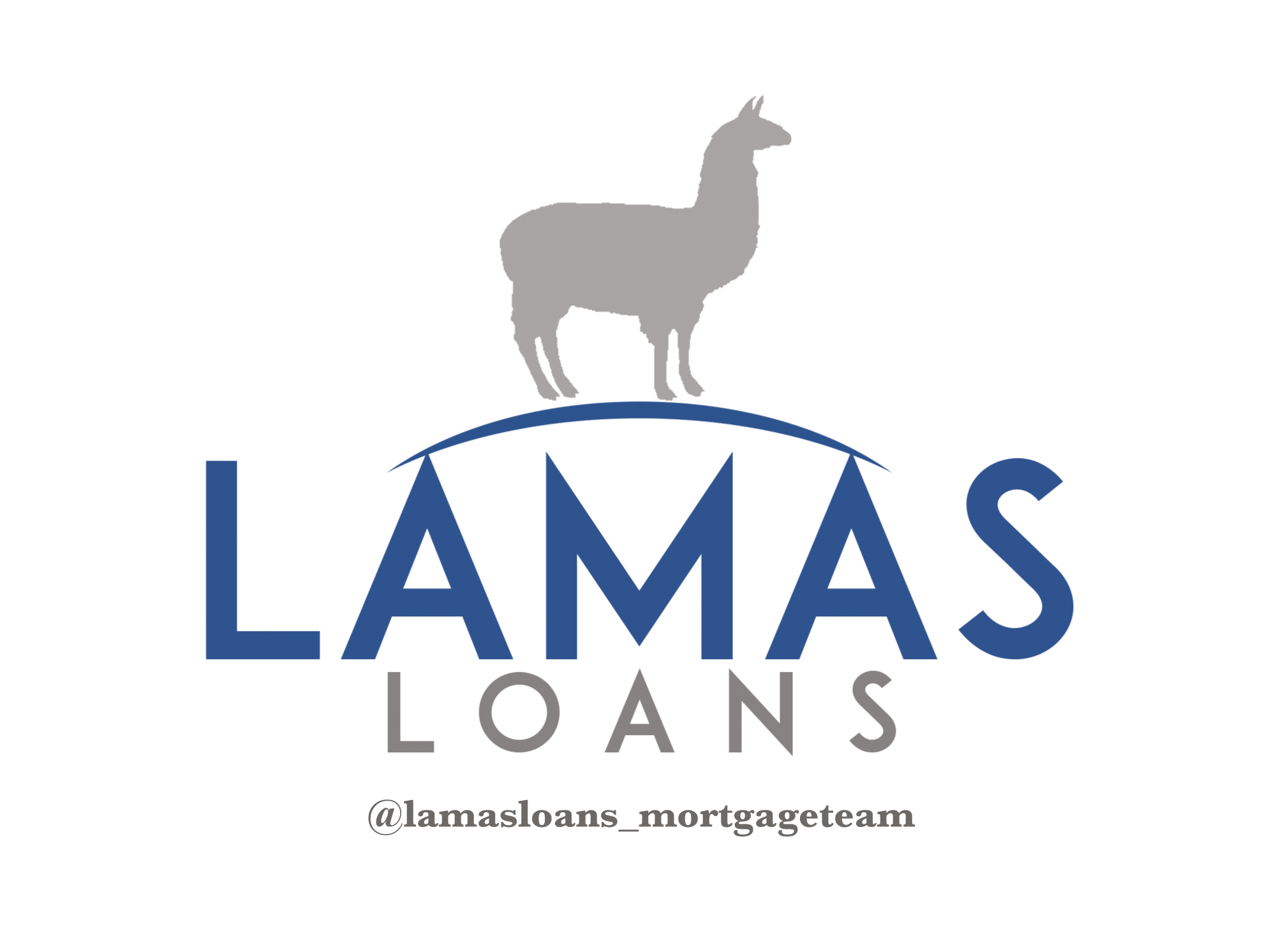Why Owning a Home is a Great Investment in 2025
In 2025, the prospect of homeownership remains an exciting and rewarding opportunity, not just for those seeking a place to call their own but also for individuals looking for a sound financial investment. While markets may fluctuate, the intrinsic value of real estate has consistently proven itself over time, making homeownership a cornerstone of wealth building. Let’s delve into why buying a home in 2025 is a smart decision, combining the benefits of stability, equity growth, tax advantages, and more.

Building Wealth Through Equity
One of the most compelling reasons to invest in a home is the ability to build equity. Equity refers to the portion of the property you own outright, which grows as you pay down your mortgage and the property’s value appreciates. Unlike rent, which is essentially a sunk cost, mortgage payments act as a form of forced savings. As home prices generally trend upward over the long term, the equity you build becomes a financial asset that can be leveraged for future goals, such as funding education, starting a business, or retiring comfortably.
In 2025, with mortgage rates stabilizing after a few years of volatility, many buyers find themselves in a favorable position to enter the market. Lower interest rates mean more affordable monthly payments, allowing homeowners to allocate funds toward other investments or expenses. Additionally, the ongoing housing demand ensures that well-located properties are likely to appreciate in value, further enhancing the financial benefits of homeownership.

A Hedge Against Inflation
Real estate has long been recognized as a reliable hedge against inflation. As the cost of goods and services rises, so does the value of tangible assets like real estate. When you own a home with a fixed-rate mortgage, your monthly payment remains consistent even as rental prices climb. This stability can provide peace of mind and protect your purchasing power over time.
In 2025, inflation concerns continue to influence financial decision-making, and owning a home offers a sense of security that other investments may not. While stocks and cryptocurrencies can experience dramatic swings, the steady appreciation of real estate provides a more predictable and less volatile way to safeguard your wealth.
Tax Benefits
Owning a home also comes with significant tax advantages that can ease the financial burden of homeownership. For many buyers, deductions on mortgage interest and property taxes can result in substantial savings, reducing the overall cost of owning a home. These benefits often make homeownership more affordable than renting when considered alongside the equity-building potential.
Though tax laws evolve, these incentives remain a cornerstone of government policy to encourage homeownership. In 2025, it’s worth consulting a tax professional to fully understand how these benefits apply to your unique situation, but the potential savings can be a major motivator for taking the plunge into real estate.
Emotional and Personal Benefits
Beyond the financial perks, homeownership offers intangible benefits that contribute to an enhanced quality of life. A home is not just an investment; it’s a place to create memories, establish roots, and express your personality through design and decor. Owning a home provides a sense of stability and belonging that renting simply cannot replicate.
For families, the ability to choose a neighborhood with good schools, parks, and amenities adds further value. In 2025, as remote work remains prevalent, having a dedicated space to work and live comfortably has become more important than ever. Owning a home allows for greater control over your environment, making it easier to adapt to the evolving needs of modern life.

Diversification of Investment Portfolio
While diversification is a fundamental principle of investing, many overlook the role that real estate can play in balancing a portfolio. Owning a home diversifies your assets beyond traditional stocks, bonds, and savings accounts. Unlike other investments, real estate is a tangible asset that you can directly use and enjoy while it appreciates in value.
In 2025, the continued innovation in smart home technology and sustainable building practices adds another layer of appeal to real estate investments. Energy-efficient homes and properties equipped with cutting-edge technology not only reduce utility costs but also increase resale value, making them a savvy choice for forward-thinking buyers.
Overcoming Market Challenges
Of course, no investment is without its challenges, and the real estate market is no exception. In some areas, high home prices may create barriers to entry for first-time buyers. However, creative solutions such as shared equity programs, government incentives, and down payment assistance are making homeownership more accessible in 2025.
Additionally, working with experienced real estate agents and mortgage professionals can help buyers navigate the complexities of the market. From understanding loan options to evaluating potential properties, having the right support can make all the difference in securing a home that aligns with your financial goals.
Conclusion: The Time is Now
Owning a home in 2025 remains a great investment, combining financial advantages with personal fulfillment. By building equity, protecting against inflation, and enjoying tax benefits, homeowners can create a stable foundation for their future. While the initial steps of buying a home may seem daunting, the rewards—both tangible and intangible—make it a decision well worth considering.
If you’ve been contemplating whether to take the leap into homeownership, there’s no better time than now to start exploring your options. With the right strategy and support, buying a home can be one of the most rewarding investments you’ll ever make.


